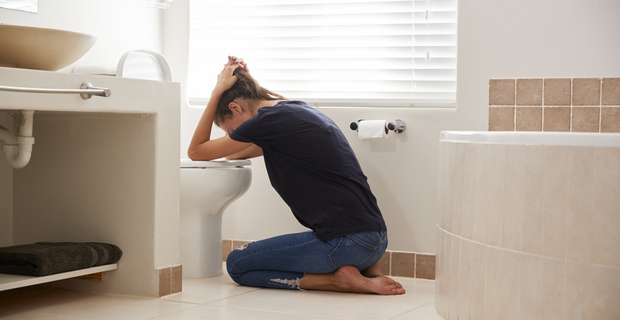Everyday Health
Norovirus is on the rise: Here's how to prepare & what to do if you get it
Norovirus cases are rising. Learn how to avoid catching it, how to treat symptoms at home, and when it’s time to visit urgent care.

Everyday Health
Norovirus cases are rising. Learn how to avoid catching it, how to treat symptoms at home, and when it’s time to visit urgent care.